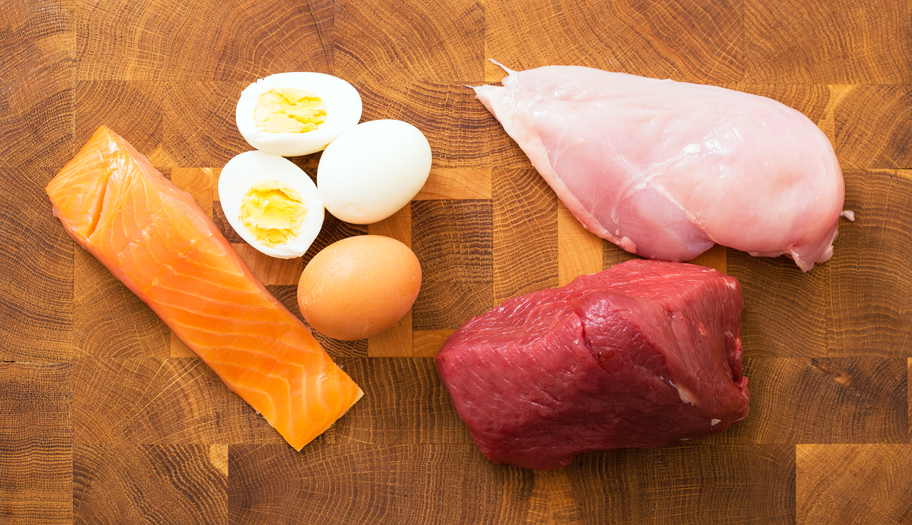
If one athlete is running triathlons and one is a body builder, should these athletes have the same diet? As trained nutritionists know, the answer is probably not. One is seeking to stabilize blood levels to ensure that their body continues to perform at optimal capacity, and the other is seeking to build muscle by ingesting high levels of protein and carbohydrates. With two different body types and two different goals also comes two different diets. It’s one of the reasons why students completing their studies at the Academy of Applied Pharmaceutical Sciences (AAPS) take one course on the nutritional needs of endurance athletes, and another on the dietary requirements of strength-sport athletes. With this specialized and in-depth training, they begin their careers ready to advise both types of athletes on the best diets for their goals.
Continue reading to discover the differences between the nutritional needs of a strength-sport athlete compared to those of an endurance athlete.
A Diploma in Nutrition Teaches Students About the Nutritional Needs of Endurance Athletes
What differences are there between the advice given to endurance athletes and strength athletes? To start with, an endurance athlete should focus on stabilizing blood sugar levels. A recent study conducted by Yannis Pitsiladis of the International Centre for East African Running Science in Glasgow, Scotland, monitored the diets of ten elite runners over a seven-day period in order to determine what they were putting in their bodies that made them such successful runners. What they found was that the endurance runners ate five meals a day. One at 8:00 a.m., 10:00 a.m., 1:00 p.m., 4:00 p.m., and 7:00 p.m., with one meal always coming one hour after a workout. Another important factor that researchers noted was that these endurance runners only ate a small portion of meat, about 3.5 ounces a day.
Nutritionists know that typically, endurance athletes should only aim to consume between 1.2 and 1.5 grams of protein per kilogram of bodyweight. For example, an athlete who weighs 77kg or 170 pounds would need to eat 115 grams or 4 ounces of protein daily.
Student in a Nutrition Diploma Program Knows What Is Needed to Build Muscles
If a client is looking to build muscle, they ultimately need to be ingesting more food than endurance athletes, and need to eat at different times. If your client is looking to build muscle, advise them to eat some carbohydrates and proteins about 30 minutes before and after lifting weights.
Students may learn while obtaining a diploma in nutrition that if clients are only training for an hour or less per day, they are probably getting enough nutrients through their regular diet, but anything over that requires an increased calorie intake. Additionally, building muscle at a high level requires athletes to eat between five and seven meals a day.
Grads of a Nutrition Diploma Program Know Good Food Is Good Food
Regardless of the type of training that various clients are doing, in most cases the types of food that should be recommended remain the same. Although the quantity of these foods may differ depending on whether a client is taking endurance training or strength training, the quality of food should be the same.

It’s important for both endurance and strength athletes to consume good protein
For protein sources, nutritionists recommend steak, chicken, eggs, and nuts. Healthy fats are important as well, including olive oils, coconut oils, and avocados. For carbohydrates, nutritionists often recommend steel cut oats and whole grains. Professionals with nutrition and health training know that whole grains are one of the best ways to consume carbohydrates, but should be 100 per cent of the original kernel. Trained nutritionists advise clients to avoid anything processed and instead recommend that clients eat whole, healthy foods.
If you want to know more about the various dietary needs of athletes, why not consider enrolling in a nutrition diploma program?
Contact an advisor today to discover more!



